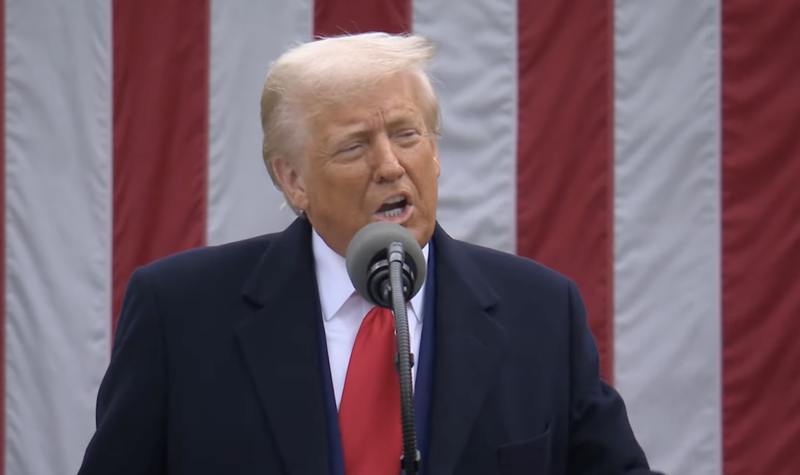Companies that make specialty auto parts are asking President Donald Trump for help bringing back manufacturing jobs as he seeks to re-order global trade with tariffs.
In March, the president announced a 25% import duty on foreign passenger vehicles and auto parts.
In a letter to Trump, the Specialty Equipment Market Association has asked for help through tariff exemptions for molds, tooling and machinery. It also asked the president for tax incentives to offset the cost of re-shoring.
“Our primary request is that American automotive parts manufacturers, including our members, be provided a transition period to re-shore their manufacturing, as well as some form of economic relief to assist in that transition,” SEMA President and CEO Mike Spagnola wrote in the letter. “That relief could include tariff exemptions for things like molds, tooling, and machinery brought back to the U.S., as well as tax incentives to offset the associated costs.”
The letter also said that domestic producers of steel and aluminum are making it difficult for some U.S. companies to stay competitive.
The organization highlighted the struggle of one Louisiana manufacturer looking to bring back manufacturing operations.
“Under the current tariff regime, their molds and tooling will be subject to tariffs. Further, the machinery this company needs is only made overseas, limiting their vendor options to those located in Germany and China,” the letter said. “Given that one of the machines currently costs $600,000, tariffs will make it significantly more expensive; if sourced from China, the cost of that machine will more than double. This presents a significant hurdle in their re-shoring efforts and renders such options economically untenable.”
The letter noted that SEMA members “need a bridge to assist with the transition.”
SEMA represents more than 7,500 member companies in an industry that contributes nearly $337 billion in economic impact to the U.S. economy, supports 1.3 million jobs nationally and generates $52.3 billion in parts sales annually.
John Bozzella, president and CEO Alliance for Automotive Innovation, was more blunt in his message on the tariffs.
“We are committed to building and investing in the U.S., but these facilities and supply chains are massive and complex and can’t be relocated or redirected overnight,” he said. “Additional tariffs will increase costs on American consumers, lower the total number of vehicles sold inside the U.S. and reduce U.S. auto exports – all before any new manufacturing or jobs are created in this country.”







